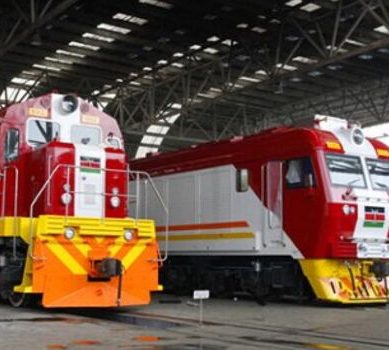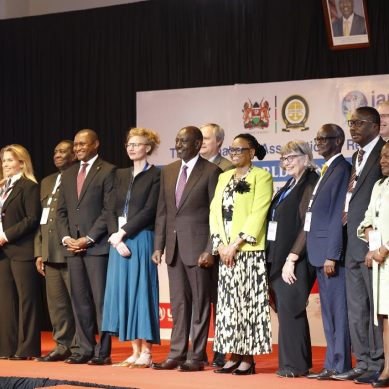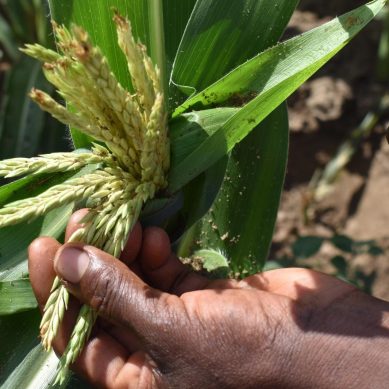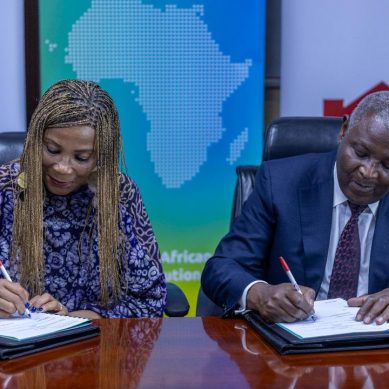
I strongly believe that most people we call terrorists – genuine ones, not those called so for political reasons – are people who have a lot of conflicts in their minds.
I am excluding the greedy, selfish ones who manifest as terrorists because they want political power to access resources and opportunities unfairly at the expense of everyone else! I am also excluding refugees who took up arms against an elected government because they wanted to go back to their country after years of suffering in Uganda.
I have in mind those who may have been abused as juveniles or children. Their parents may have been abused in their presence either by being killed or raped by agents of the State in their full view.
Or else their households may have been robbed of what their parents struggled to have by men in police or army uniforms. Or else their family land was grabbed by people either in military or police uniforms or by people who mobilized such armed men to help them grab the land from their victims.
Others may have been denied employment because they had no connections to people in the government yet they had the education and qualifications necessary. They saw others who did not have them get employed easily because they had connections in the government in terms of kinship and ethnicity.
Some thought the state detested them because of their religion.
Or else, they are people who were denied quality life by the state. Possibly they wanted education to the highest level but could not advance because of gross denials and injustices imposed on them, including discrimination. They may have prayed to God severally to stabilize their thoughts but God failed to intervene and they came to the conclusion that their enemy number one was the State.
Of course they may or may not have known or been aware that the state also regards people as its “enemy” number one and often will arm itself heavily and target them physically with guns, tear gas and imprisonment. The more environmentally aware may have detected deterioration in every aspect of life in the country so much the socioeconomic conditions appear to be against them. They were bitter and lived bitter lives.
There is no doubt that before they decided to become terrorists they had the individual or collective thought that they had no alternative but to take up arms against the State. They decided to translate the conflicts in their minds narrowly into armed conflict. They lived ‘conflict ally’ in their minds and now wanted to live ‘conflict ally’ in physical terms!
Obviously, the state, which had been and continues to invest a lot of time, energy and money mobilising against possible uprising by the people because of different causes, was and is ever ready for them. This is why our country continues to be potentially violence-rich!
It is, therefore, true. People don’t just become violent – either as terrorists or trouble shooters in all spheres of life. They only explode in out to pour their anger and frustrations out. Frequently the anger and frustrations result in mental collapse.
Indeed today the number of mentally sick people in Uganda is rising rapidly among the population of about 45 million. Some sources have stated that there may be as many as 14 million mentally sick people in Uganda. However, I should mention that mental sickness occur along a scale of 0 to 1. So all of us can locate ourselves along that scale. You can be close to 0 or close to 1. If you are close to 0 you do not need to worry but if you are close to 1 you are really mentally sick and will need Butabika Mental Hospital to intervene.
However, on any day, one may progress from 0 towards. That is why you may have heard some say we are all somehow mad. This may explain why a husband who has been perfectly okay during the day ends up strangling his wife to death at night! So, the whole Uganda population needs a health system that is adequately functional. Incarcerating such a person is dealing with a symptom.
Imagine many mentally sick finding themselves as terrorists, or even joining the army, or police prisons. That would make an extremely dangerous place to live in. It would be worse if a mentally sick person became the topmost leader in the country and was faced with an expanding group of mentally sick terrorist.
There is need to reorient the national budget so that we begin to address the conflicts in people’s heads. If we do, there would be no need to continue with current tendency of diverting most resources of the country into the militarisation of the country. If the trend continues, it is the very reason we shall have the scourge of terrorists.
Laws or heavily armed police or army against terrorism will not conquer terrorism. What conquers terrorism is a combination of environmental, ecological, cultural, social, mental, spiritual, ethical, moral and economic security and justice for all.
For God and my country.
- A Tell report / By Oweyegha-Afunaduula / Environmental Historian and Conservationist Centre for Critical Thinking and Alternative Analysis (CCTAA), Seeta, Mukono, Uganda.
About the Centre for Critical Thinking and Alternative Analysis (CCTAA)
The CCTAA was innovated by Hyuha Mukwanason, Oweyegha-Afunaduula and Mahir Balunywa in 2019 to the rising decline in the capacity of graduates in Uganda and beyond to engage in critical thinking and reason coherently besides excellence in academics and academic production. The three scholars were convinced that after academic achievement the world outside the ivory tower needed graduates that can think critically and reason coherently towards making society and the environment better for human gratification. They reasoned between themselves and reached the conclusion that disciplinary education did not only narrow the thinking and reasoning of those exposed to it but restricted the opportunity to excel in critical thinking and reasoning, which are the ultimate aim of education. They were dismayed by the truism that the products of disciplinary education find it difficult to tick outside the boundaries of their disciplines; that when they provide solutions to problems that do not recognise the artificial boundaries between knowledges, their solutions become the new problems. They decided that the answer was a new and different medium of learning and innovating, which they characterised as “The Centre for Critical Thinking and Alternative Analysis” (CCTAA).








